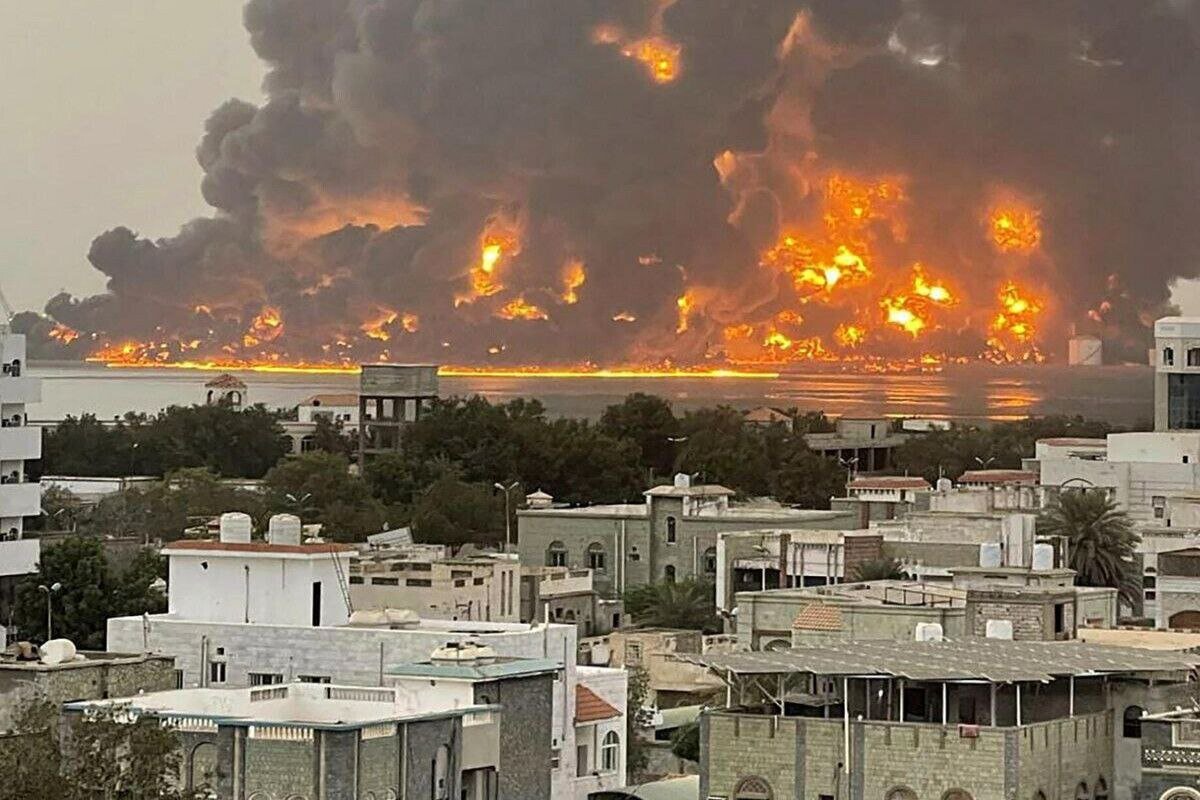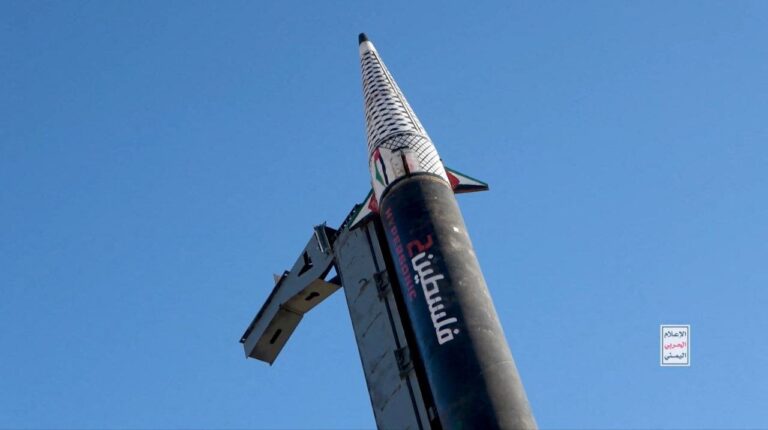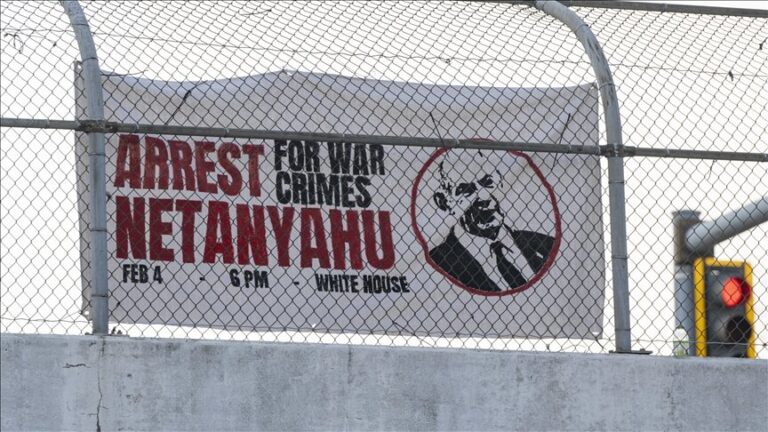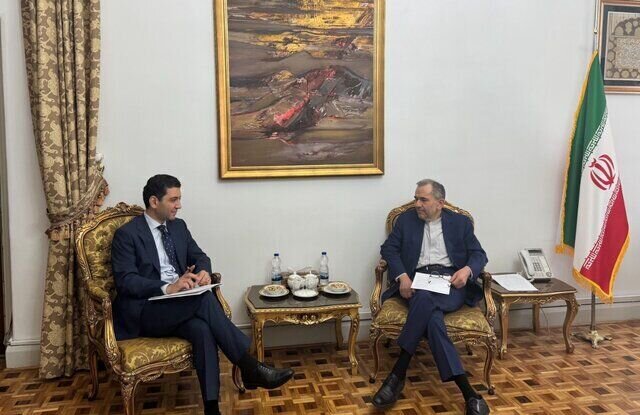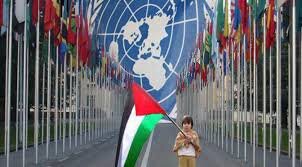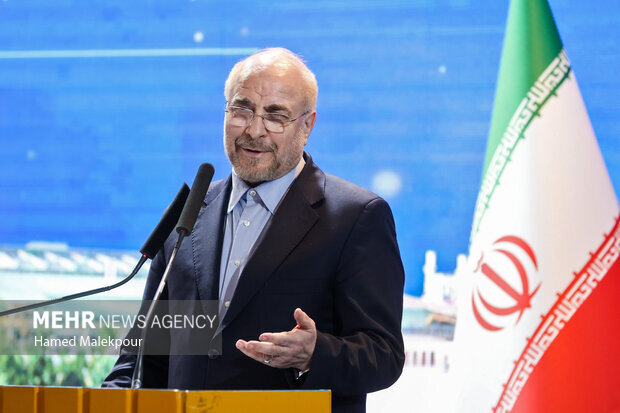US Launches Most Lethal Strike in Yemen’s Ongoing Conflict
In a devastating turn of events, American warplanes have launched airstrikes on the Yemeni port city of Hodeidah, resulting in a tragic loss of civilian lives. The recent military actions underscore the escalating conflict in the region and its severe humanitarian impact.
U.S. fighter jets targeted the Ras Isa oil port in Hodeidah, leading to a catastrophic second wave of attacks that struck while emergency crews were on the scene, attempting to manage fires and recover victims. According to a preliminary report from the Health Office in Hodeidah governorate, the following key points emerged:
- Casualties: At least 58 civilians, including truck drivers, workers, and paramedics, were killed.
- Injuries: More than 126 individuals sustained injuries during the airstrikes.
- Emergency Response: A second wave of airstrikes targeted emergency responders attending to the initial casualties.
In the wake of these attacks, the Sanaa government has firmly asserted Yemen’s “legal right to defend itself,” placing full responsibility for the military escalation on the U.S. administration. They emphasized their ongoing support operations for Gaza, stating that their efforts have been “100% successful in preventing Israeli vessels from navigating the Red Sea.”
The government denounced U.S. statements that attempted to justify the attacks, labeling them as false and misleading. Officials in Sanaa condemned the bombing of Ras Isa as “a full-fledged war crime,” warning that such actions would not go unpunished.
In a related security development, missile sirens were activated in Tel Aviv and central Israeli regions shortly after the Hodeidah attacks, indicating a potential threat from Yemen. This escalation prompted large rallies across several Yemeni governorates on Friday afternoon in solidarity with Gaza, under the slogan “Steadfast with Gaza in the face of U.S.-Israeli escalation.”
On Thursday night, Ansarallah leader Sayyed Abdul-Malik al-Houthi addressed the nation, stating, “Our people, despite their suffering, have not clung to weak excuses or shallow justifications. Instead, they’ve risen to fulfill their duty of faith and resistance, enraging both the American and Israeli enemies.” His televised speech underscored the resilience of Yemen, asserting that “Yemen’s front is strong, inspiring, and stands as a powerful example for others to follow.”
Al-Houthi also reflected on the impact of Yemeni operations, noting that “clear results” have been acknowledged by both American and Israeli officials. Addressing the U.S. directly, he emphasized, “Your attacks only make us stronger, sharpen our military capabilities, and increase our effectiveness.”
Experts suggest that the strikes on Hodeidah’s oil facilities were strategically aimed at shifting media attention towards the resultant fires. However, they believe these actions are unlikely to undermine Yemen’s capacity to maintain its military support front in solidarity with Gaza.
Analysts have pointed out that this is not the first instance of U.S. and Israeli forces targeting Hodeidah’s oil infrastructure, which appears to be an attempt to project strength amid rising frustration over their inability to halt Yemen’s operations. The ongoing conflict continues to exacerbate the humanitarian crisis in Yemen, raising urgent calls for international attention and intervention.
As the situation evolves, the global community watches closely, with concerns growing over the potential for further escalation and the impact on civilians caught in the crossfire. Continued military actions and their repercussions highlight the need for a comprehensive approach to address the underlying issues contributing to the ongoing conflict.
In conclusion, the recent airstrikes in Hodeidah serve as a stark reminder of the complexities surrounding foreign military interventions and their devastating consequences for innocent civilians. The resilience of the Yemeni people, as articulated by their leaders, underscores the urgent need for dialogue and peacebuilding efforts in the region.
